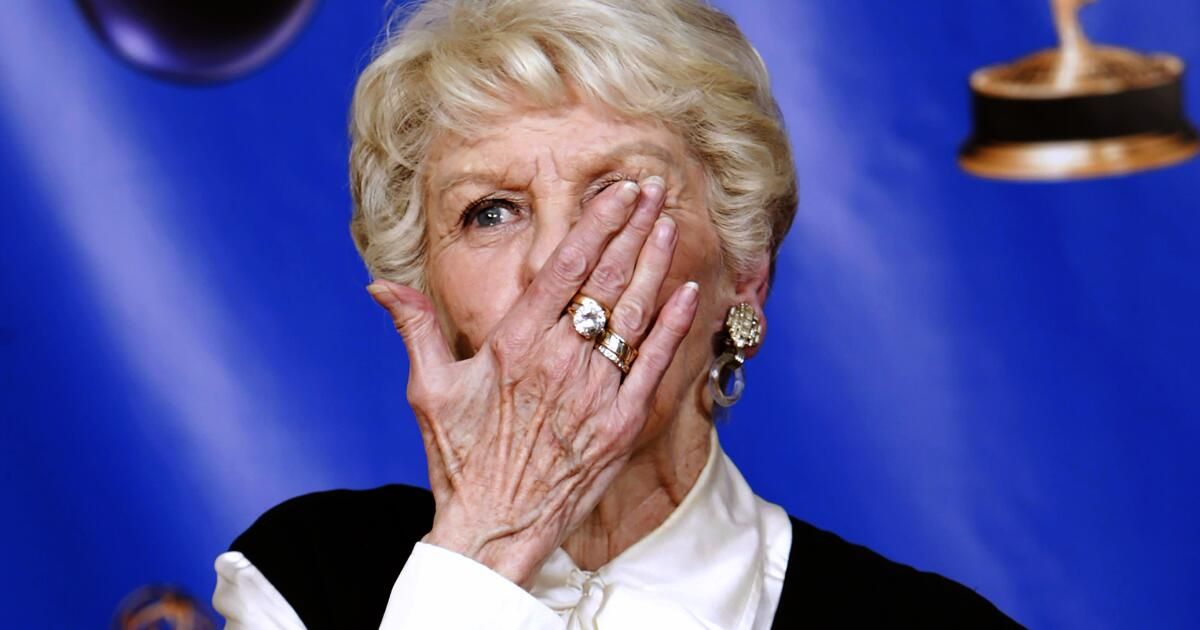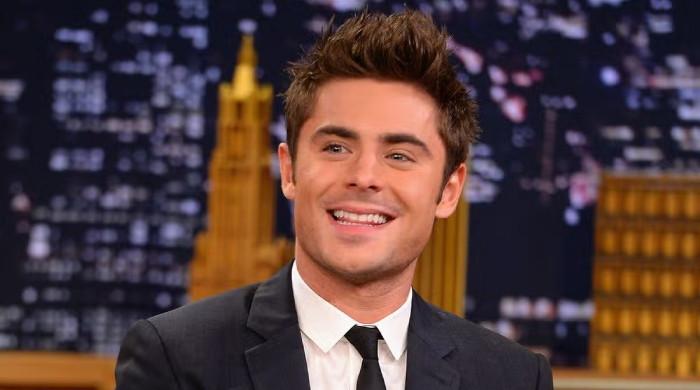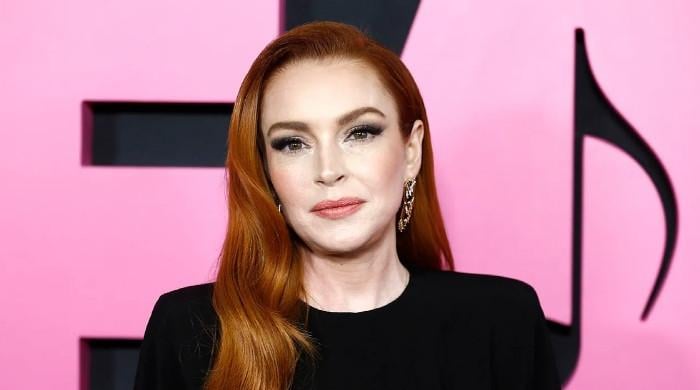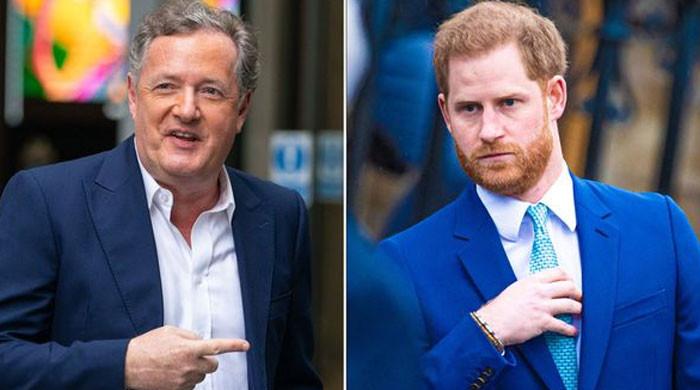What constitutes variety at the Primetime Emmy Awards may be a matter of chance. Is it a series of comedy sketches? A stand-up comedy series? A musical? A late night talk show? The answer over the decades has been yes and no, depending on the year. From 1979 to 1989 and then again in 1991, variety series and specials competed together, after which the variety special category was created. Since 2015, there have been two categories to cover variety programming: variety sketch series and variety talk series, but 20 years ago, on September 19, 2004, at the 56th Primetime Emmy Awards, the story was a little different.
Known then as music or variety comedy series, the nominees included three late-night talk shows and two comedy series, a combination that may not have been apples and oranges, but at least it was oranges and tangerines. Comedy Central’s “The Daily Show With Jon Stewart” won the award for executive producers Ben Karlin and Jon Stewart; co-executive producer Stewart Bailey; and supervising producers Kahane Corn and David Javerbaum, their second consecutive victory in a streak that would span from 2003 to 2012.
Their competitors were a mixed bag. “Chappelle's Show” (Comedy Central) had three nominations that night, but won none; “Late Night With Conan O'Brien” (NBC) won an Emmy for writing in 2007; “Late Show With David Letterman” (CBS) won the category six times; and “Saturday Night Live” (NBC) won the category (in various forms) twice before the category was renamed in 2015.
And then came one of the highlights of the evening: Elaine Stritch. Her one-woman show, “Elaine Stritch: At Liberty” (HBO), told the story of her life and career. The show earned an Emmy variety special (pre-taped) for executive producers Sheila Nevins, Richard Fell and Helen Asquith; co-executive producers Scott Sanders and John Schreiber; Supervising producer John Hoffman and producers Chris Hunt and Frazer Pennebaker.
And with her individual performance in a variety show or musical, a category last presented in 2008, Stritch earned her second of three Emmy Awards (the first was as a guest actress on NBC's “Law & Order” in 1993; won a third in 2007 as a guest on the network's “30 Rock”). Her competitors were all comedians: six-time winner Billy Crystal (“76th Annual Academy Awards,” ABC) won the category in 1991; Ellen DeGeneres (“Ellen DeGeneres: Here and Now,” HBO) won an Emmy for writing in 1997; Bill Maher (“Real Time With Bill Maher”, HBO) tied in 2014 with Anthony Bourdain in the informative series or special category; and Tracey Ullman (“Tracey Ullman in the Trailer Tales,” HBO) won seven Emmy Awards in various categories, including this one in 1990.
Stritch made the audience laugh, putting on a performance on the way to his acceptance speech and on the stage itself. Upon finding out that he had won, he shouted “Oh! My! God!” while still in her seat, she danced up to the stage (with a little help from George Lopez) and had Stewart (who presented) hold the Emmy while she spoke enthusiastically into the microphone. “I can't tell you how much.” “What would have happened to me if I hadn't been able to get out what's inside me tonight,” she said in an emotional voice. “I try not to drink, but s-!” She gave all the appropriate thanks and declared about Sanders: “I don't mind.” He likes me a lot… but he got the money! He got us the money to do the show, so I love him tonight!”
Eventually he ran out of names, but declared that he would not leave “until someone comes looking for me.” And at first it seemed like no one would… but then he says, “You never know. You never know”. And that's when the camera cuts and the music drowns her out. The speech has become something of an Emmy legend. Clearly, Elaine Stritch was having the time of her life.












